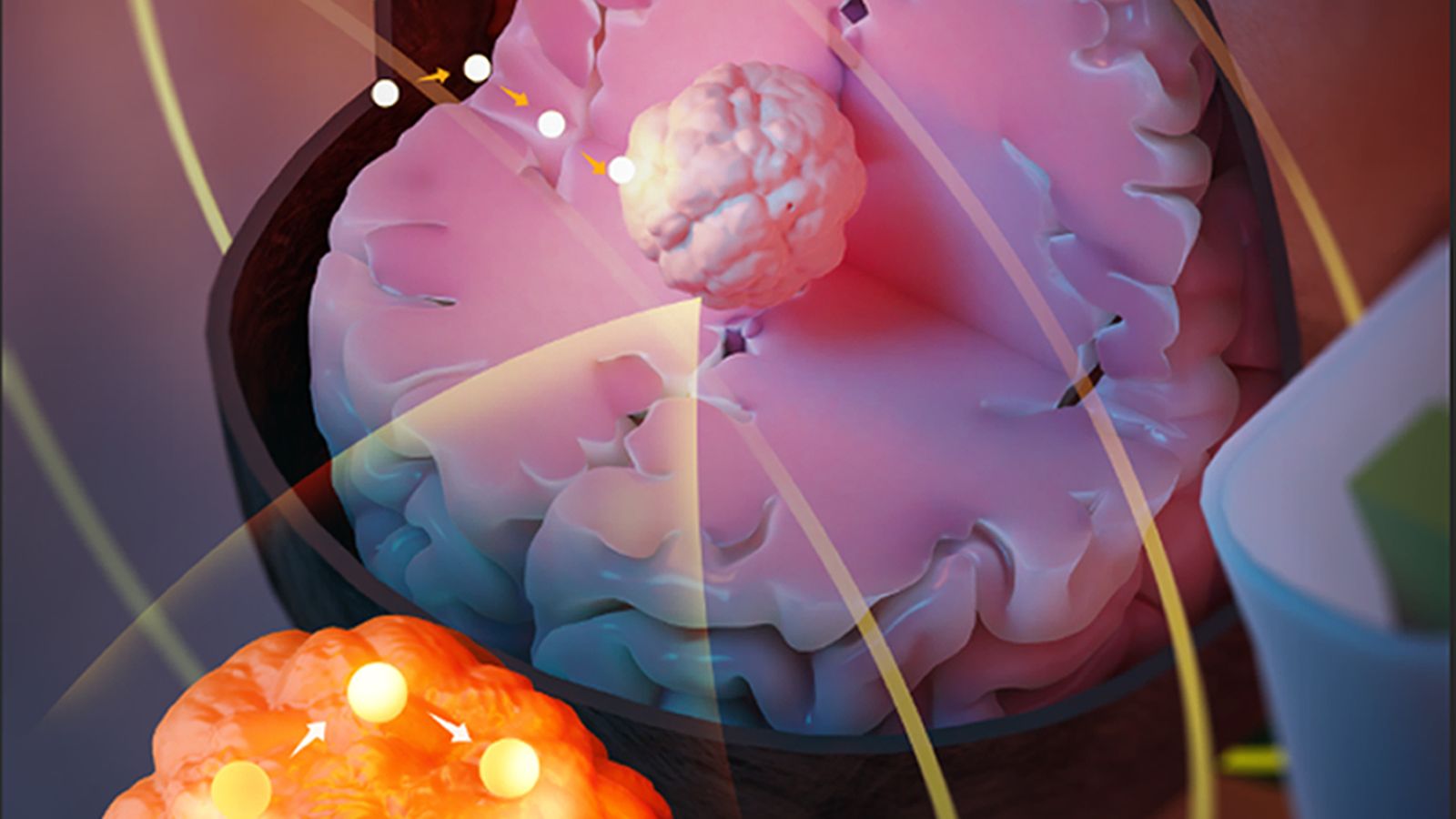A tiny magnetic seed could hold the key to treating tumours in some of the most inaccessible parts of the body.
Minimally invasive image-guided ablation, or “Minima”, is a new therapy which sees the 2mm seed guided through the brain to heat and destroy tumours.
Tested on mice, it involves using an MRI scanner to navigate the seed’s path to the tumour, before heating it remotely and using this heat to kill off the cancer cells.
The technique could mean more effective treatment, reduced recovery times, and less chance of side effects.
It could be used against hard-to-reach glioblastoma – the most common form of brain cancer – as well as prostate cancer and others that would benefit from less invasive treatment.
The findings are detailed in a study published in Advanced Science.
Preserve motor function and cognitive function
Facebook, Google and Twitter should pay compensation to people scammed on their sites, MPs suggest
Hitch-hiking asteroid could remain with us for 4,000 years
Ending animal agriculture and planting trees on empty fields is ‘best chance’ to slow climate change, scientists say
Senior author, professor Mark Lythgoe from the UCL Centre for Advanced Biomedical Imaging, told the PA news agency: “By having precise remote control of the seed using the MRI scanner, we can destroy only the cancer cells, this means that we will be able to preserve the healthy tissue.
“In terms of neurosurgery this means that we will be able to preserve motor function and cognitive function which not only contribute to the quality of life and recovery time, but can contribute to the long-term survival of the patient.”
Co-author Dr Lewis Thorne is a consultant neurosurgeon at the National Hospital for Neurology and Neurosurgery who treats patients with glioblastoma.
Reducing harm to normal cells
He said: “Minima can successfully destroy cancer in a mouse and has the potential to extend survival and limit damage to adjacent brain tissues in patients.”
Professor Mark Emberton, UCL Division of Surgery and Interventional Science – lead cancer clinician in the study, said: “Improving the precision of our cancer treatments is arguably one of the greatest unmet needs we have today.
“One in eight men will be diagnosed with prostate cancer.
“While treatments such as radiotherapy and surgery can be effective, they often cause unwanted and debilitating side effects such as incontinence and impotence.
“Minima may allow us to precisely target and destroy prostate tumour tissue, reducing harm to normal cells.”






















